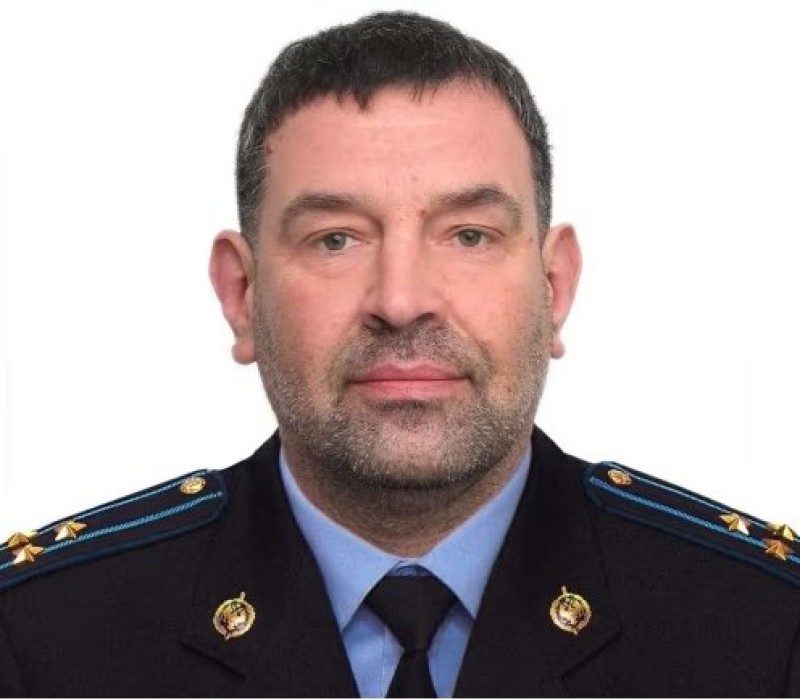Vadim Konoshchenok, 48, was arrested last week in Estonia for his alleged role in the “Serniya Network” conspiracy, a group of seven Russians and Americans who have unlawfully sourced, purchased and shipped millions of dollars in U.S. military hardware to their contacts in Russia’s defense sector.
Konoshchenok was extradited to the U.S. shortly after his arrest. More than half a ton of military-grade ammunition illegally shipped into Russia is linked to his name.
He is also accused by the FBI of smuggling a range of nuclear and computer equipment, with the potential for wartime applications; it is from these allegations that authorities labeled him as “a critical participant” in the conspiracy.
The network’s success in procuring highly sensitive and dangerous materials for the FSB, in defiance of international sanctions, demonstrates the West’s challenge in starving Russia’s military stockpiles. Experts foresee that the War in Ukraine could extend well into next year.
Throughout the probe, investigators have identified him as an active member of Russia's Federal Security Service (FSB), the country’s principal intelligence agency and successor to the infamous KGB. Konoshchenok himself claimed to be an FSB Colonel in electronic communications.
“This defendant, who is suspected of having ties to the FSB, smuggled hundreds of thousands of illicit munitions in support of Moscow’s war machine, using front companies to conceal his criminal enterprise,” Assistant Attorney General Matthew G. Olsen of the Justice Department’s National Security Division said.
These front companies were tools of the Serniya Network conspirators, the 16-count indictment against them read. Their web of shell companies and bank accounts across the world allegedly allowed them to amass huge stockpiles of military provisions for the Russian military, whose war of aggression against Ukraine has now exceeded 500 days.
At the other end of the rabbit hole were several Moscow-based companies, secretly headed by Russian intelligence services, including Serniya Engineering and Sertal LLC.
Their purpose? To procure advanced electronics for testing in the Russian military’s research and development sector, some of which was allocated to the development of nuclear and hypersonic weapons, U.S. investigators said.
Serniya Engineering and Sertal LLC were sanctioned soon after the tanks rolled into Ukraine last year, due to their status as “instrumental to the Russian Federation’s war machine.”
On top of the FSB, the Serniya Network’s other clients include the Russian state-owned defense conglomerate Rostec; as well as the state nuclear energy corporation Rosatom, headquartered in Moscow.
Konoshchenok operated out of Estonia for the group, through his management of the Estonian front company Stonebridge Resources. Intercepted electronic communications reveal that he demanded a 10 percent fee for all purchases made - a figure he justified from the risks in shipping to sanctioned clientele.
Authorities noted that Estonia was a popular trans-shipment point for the conspirators due to its eastern border with Russia. Konoshchenok personally saw to the delivery of several shipments himself, or at least tried to.
On Oct. 27 last year, Estonian border officers detained him as he tried to cross into Russia. He had in his possession roughly 35 types of semiconductors and other electronic components, as well as thousands of rounds of U.S.-made ammunition.
He was caught again two months later transporting high-caliber ammunition and sensitive documents from his co-conspirator Boris Livshits. A subsequent police search of his warehouse turned up some 375 pounds of ammunition.
If convicted, Konoshchenok faces a maximum penalty of 30 years in prison.



